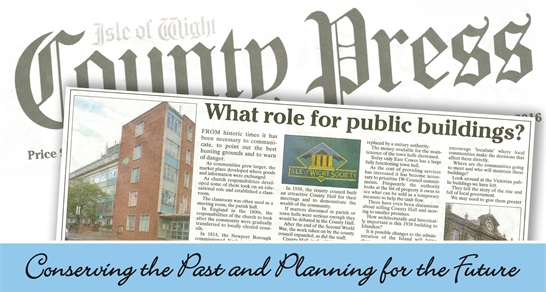Revolution, Evolution, Devolution, Resolution.
Revolution, Evolution, Devolution, Resolution.
The wheels on the bus of local government are turning but by no means have reached full circle. Who or what is driving the bus, and who or what are the brakes? Where will the changes of Devolution take the Island?
Our special island has a special history when it comes to management of local affairs and it is becoming more complex and problematic with each change in management.
Most of us are passengers on the bus – not really bothered by the route, and leaving it to a few to drive. Most of us do not want to be involved but those who are exhibit personal politics which act as brakes to the way forward despite calls to put such thing aside for the benefit of the Island.
That's one reason for a flat tyre.
The other major one is that there is not enough fuel. This is made up of taxes and grants being pumped into the machine. This is happening to County Councils throughout Britain and the Government has announced that there are more reductions to come. Here the island is at a greater disadvantage than others because it is a Unitary Authority. It was created one in the 1990s because it seemed sensible to be one. This gave it the powers and functions which were split in in other counties. The date is important because it was before the financial crash. We now need to devolve our responsibilities to be able to spend the money where it needs to be spent.
Local government evolved in Victorian days from a need to rationalise the many bodies providing a structure to society. Town and Parish Councils were formalised. The Local Government Act of 1894 removed the secular duties from the Vestry Committees which had had their origins in the feudal system. The chief needs at that time were for the care of the poor and the upkeep of the roads. This is still the case. Now it is called Social Services and Transport Infrastructure. The 1972 Act reaffirmed that Parish Councils cannot do anything outside their statuatory duties while the Localism Act of 2011 placed an emphasis on neighbourhood involvement in the decision making processes.
Parish Councils have already passed and will be passing resolutions to take over, or not, the museums, playgrounds, toilets, libraries, tourist attractions, car parks, grass cutting, community projects and other things that are associated with the Island Council. Many can be achieved cheaper and are already proving a benefit to us. But its not over yet.
What will happen when the Council can finally do no more? Will we still be left with statutory responsibilities? Will we still pay for Island Councillors? Will we see an end to the Ward Councillor steryotype as retired resident who knows little in depth about the issues they control? The evolution goes on but we still live in a very beautiful place, with incredible social and political history.
[Go Back]

